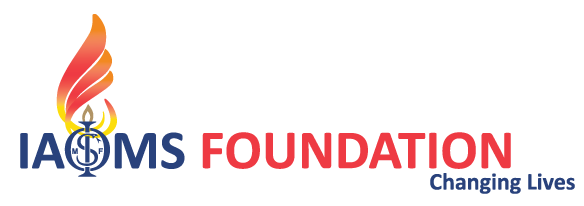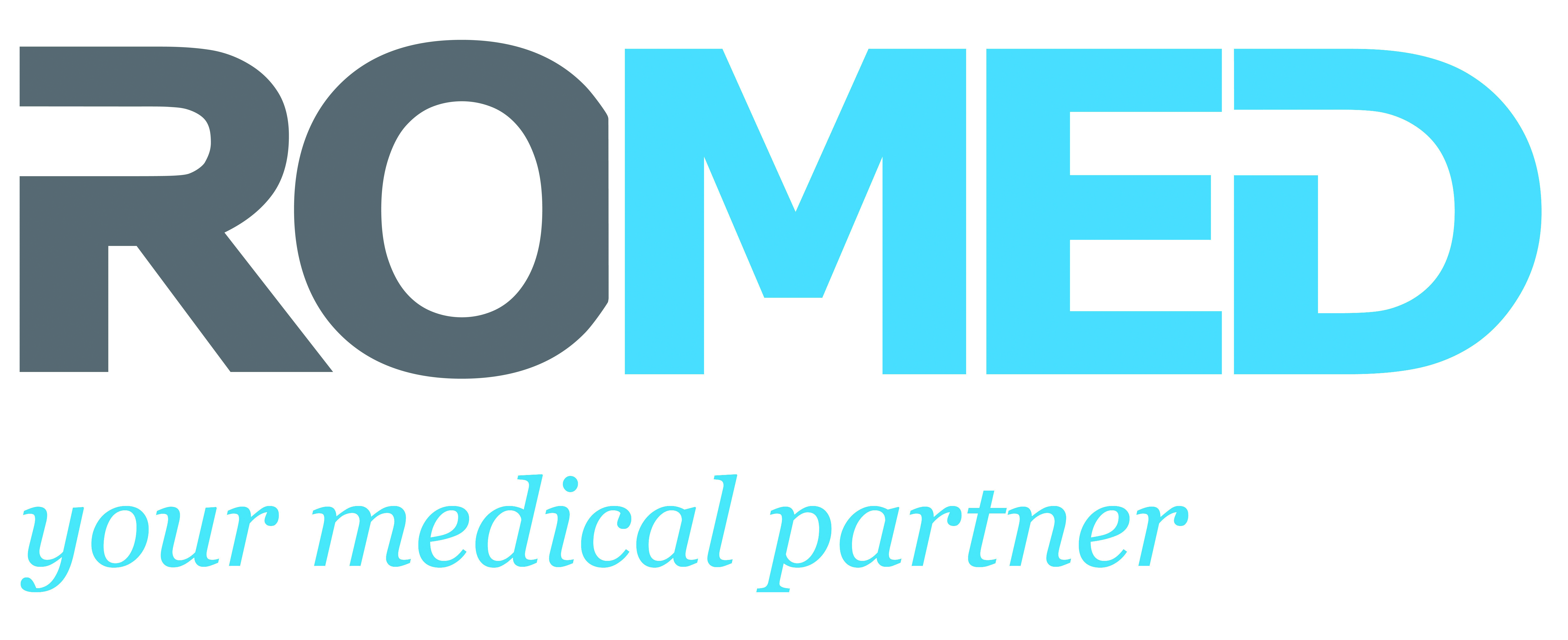Care after oral surgery
Removing your compress
After surgery a compress is regularly applied to stop the bleeding. You may remove this yourself after biting on the compress for 30 minutes.
Stitches
Usually, stitches are applied with material that dissolves of its own accord after two or three weeks. You therefore do not need to make a new appointment to have the stitches removed unless the doctor tells you otherwise.
Eating and drinking
Once the anaesthetic has worn off you can eat and drink. It is sensible to avoid hot food and drinks on the day of surgery. A lukewarm or cold meal is preferable. If you have a removable denture, it is best to wear it as little as possible for the first few days after the operation.
Rinsing
It is important not to rinse your mouth on the day of surgery. Drinking is allowed. We recommend that you start using the mouthwash prescribed by the doctor the day after the operation. Do this three times a day, after each meal, for two weeks. On the day of the surgery you can brush your teeth in the area not affected by the operation.
Pain
The anaesthetic will wear off after about four hours. You may then start to experience some pain. These can best be managed with over the counter painkillers. It is best to take the first painkillers before the anaesthetic wears off, and keep to the recommended dosage.
It's essential to manage pain and inflammation effectively to ensure a comfortable recovery. For an average, healthy adult, you may use paracetamol (acetaminophen) and ibuprofen to help with the pain. In Belgium, you can purchase paracetamol (1 g) and ibuprofen (400 mg) over-the-counter at your local pharmacy.
Medication Scheme:
- Breakfast: Take ibuprofen.
- Mid-morning: Take paracetamol.
- Lunch: Take ibuprofen.
- Mid-afternoon: Take paracetamol.
- Dinner: Take ibuprofen.
- Before bed (if needed): Take paracetamol.
Paracetamol can be taken every 4-6 hours, but do not exceed the recommended dose of 4000mg in 24 hours. Ibuprofen can be taken every 6-8 hours but should not exceed 1800mg in 24 hours. Always take these medications with food or milk to minimize stomach upset.
Note: This schedule is a general guideline. Always prioritize and follow your surgeon's specific advice. If you have health conditions or are on other medications, discuss pain management with your surgeon or pharmacist before taking any over-the-counter painkillers.
Swelling
After surgery your cheek or lips may have some swelling and look a little bruised. This may be accompanied by a temporary reduction in the extent you can open your mouth. These inconveniences will usually diminish of their own accord after about three days. To prevent swelling, it is advisable to hold a cold pack (wrapped in a cloth) or some ice cubes in a plastic bag against your cheek and/or lip regularly on the day of surgery. At night, you can sleep with an extra pillow so that your head is slightly higher.
Bleeding
A wound can bleed in the mouth for up to 24 hours after surgery. Such bleeding usually stops of its own accord. If the bleeding gets worse or persists you should definitely not rinse your mouth. The use of a compress or pure cotton handkerchief is recommended if this happens: put it on the wound and bite down on it firmly for at least half an hour.
Smoking
If you are an active smoker, it is strongly recommended that you do NOT smoke for the first few days after surgery, in order to promote healing and prevent infection.
Sport
Do not practice intensive sport for the first two or three days. If you have had your wisdom teeth removed, you should not swim for the first two weeks.
Taking contact
You should contact your surgeon if you develop a fever over 39° C, if the pain and swelling does not diminish after five days or increases above your pain threshold, if the wound continues to bleed despite your following the above instructions or if you have any additional questions or concerns.



















